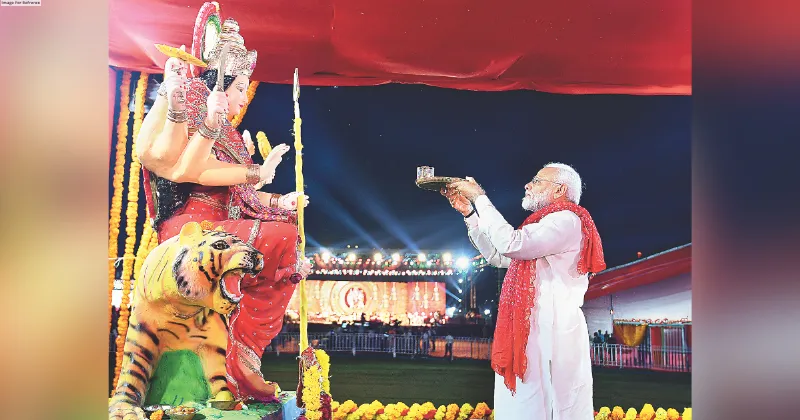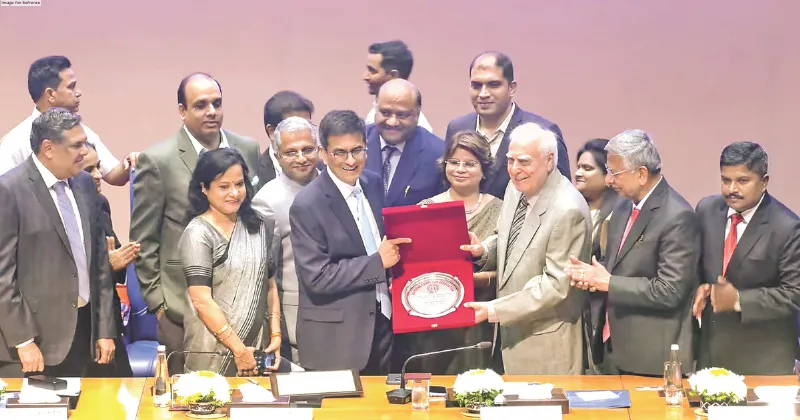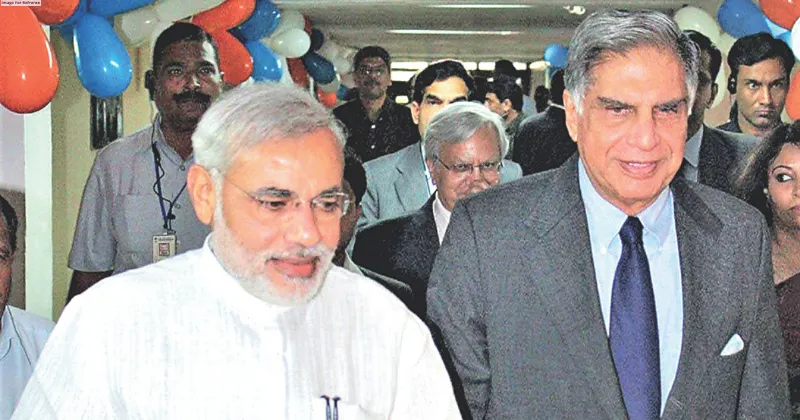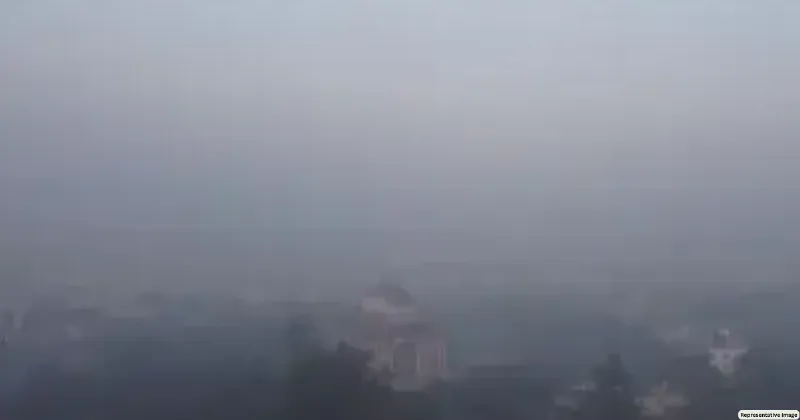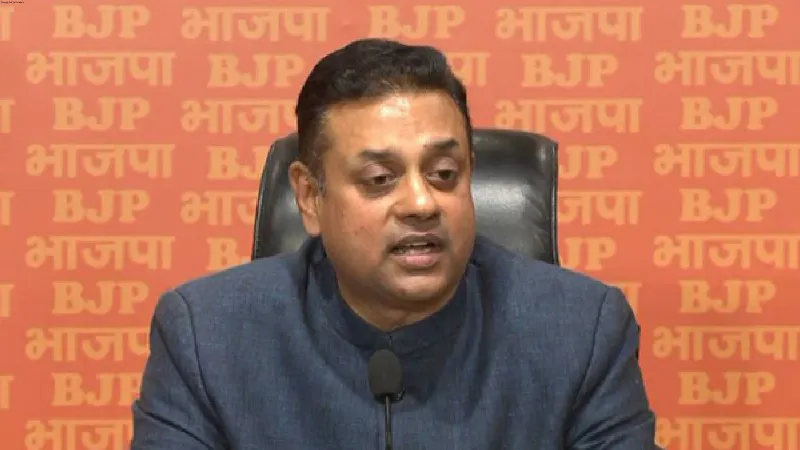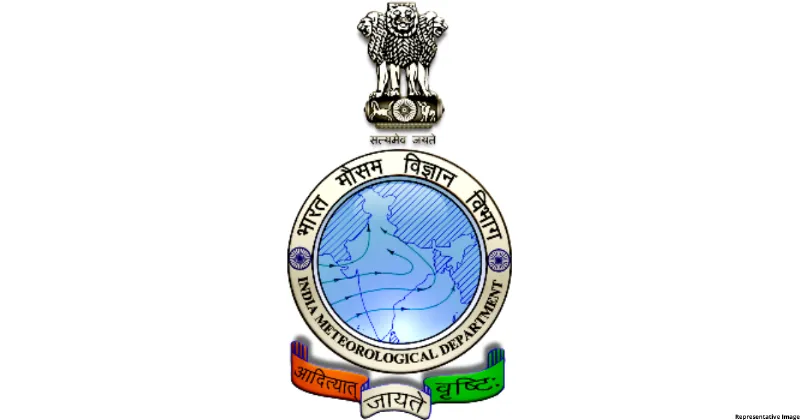Latest News
FRESH THAW IN SINO-INDIAN RELATIONS
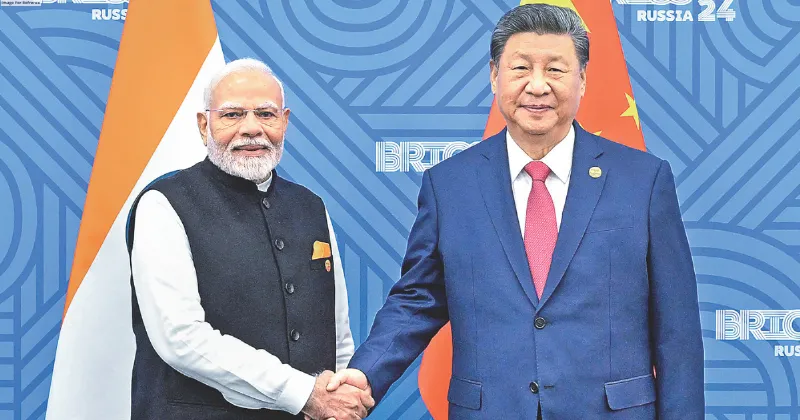
In a major diplomatic leap forward, India and China managed to breakthrough the decades old dead lock on border issues and mutually consented to resume patrolling by both countries at disputed points in the area of Eastern Ladakh along LAC. This agreement, nullifies years of military posturing by both sides since the June 2020 clash of Galwan Valley where India emerged as the dominant party. This indeed, is in line with the ongoing diplomatic and strategic dialogue between the two, announced just before the crucial meeting of Prime Minister Narendra Modi and Chinese Prez Jinping during the BRICS Summit in Russia.
The new border understanding was marked with exchange of sweets and gifts by the two armies on Indian festival of Dipawali. The exchange of goodies was observed a day after the two armies implemented troops disengagement at the conflicting points of Depsang plains and Demchok ushering in a fresh spell of breeze in Indo - China ties.
Following the standoff at Galwan in Jun 2020, both sides increased the concentration of troops and amassed lethal and heavy weaponry along the points of disputes which were Demchok, Galwan Nalah and Pangong Tso in Eastern Ladakh & Naku La, a mountain pass in Sikkim. However, sources have confirmed that patrolling is now expected to retain the status quo of pre-April 2020 which include patrolling point (PP) 14 (Galwan), PP 15 (Hot Springs), PP 17A (Gogra), north and south banks of Pangong Tso, Depsang Plains and Charding Nullah.
In my opinion, as an observer of military matters, the highlights of accord of harmony on the LAC will restore India’s rights to patrol our own territory in Depsang Plains and Demchok resolving controversial inherited issues predating Chinese intrusions of 2020.
Details on the Protocols for implementing these agreements have been worked out and the two sides will now patrol up to the old points along LAC with Indian patrols moving out twice a month. To avoid any possible clashes the strength of patrols will be limited to less than 20 troop strength. A Programming of patrols will be coordinated at local commanders level of the rank of brigadier or equivalent to resolve dates for patrolling so that, any possible confrontation is avoided.
The new thaw in Indo – China talks are seen as Confidence-Building Measures aimed to reinstitute trust and belief in each other through monthly meetings at the level of local commanders on ground. This will obviously result in de-escalation of troops deployment along the line of actual control by year end. In other words, if I may say, this agreement is a significant step towards in resurrecting early fixing of bilateral, strategic and diplomatic dialogue between the two emerging powers of the Asian continent. It also gives us a lead that other border issues may come to table sooner than later which were being avoided by the Chinese for decades.
As a person who has served in this region, this agreement facilitates Depsang Plains in the most significant manner. This area of Depsang lies 30 km southeast of Daulat Beg Oldie (DBO) post of India monitoring Karakoram Pass. The plains of Depsang are akin to the Spangur gap in Chushul sub sector of Ladakh that offers a flat surface in rugged mountains for launching any military offensive.
Though, historically, the relationship between India & China has oscillated through cooperation and conflicts shaped by post-colonial aspirations and land disputes, this meeting is considered important for it casts a shadow on global outcomes of stability, progress and peace. In spite of a multibillion trade, the two sides failed in the past to avoid periodic standoffs and skirmishes on the borders. Putting these tensions on back burner, they went on to create a new narrative to strengthen a stable strategic and economic relationship in their own interest.
While New Delhi sees its relationship with Beijing as a part of an overall strategy to enhance its influence in Asia and globally, it is also watchful to balancing Chinese influence in the Indo-Pacific region.
Both the rival countries now have decided to extend cooperation beyond border disputes to the visions for regional and global leadership. While the meeting between the two leaders indicate eagerness in resolving LAC tensions, the bigger challenge remains in controlling their strategic rivalry without escalating further posturing on the borders to forge a joint goal towards establishment of a new world order & global peace.
THE VIEWS EXPRESSED BY THE AUTHOR ARE PERSONAL
Col Anupam Jaitly (R) The writer is defence expert, motivational speaker and corporate trainer




